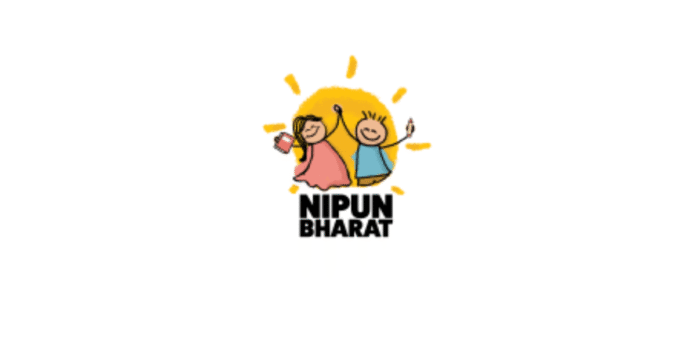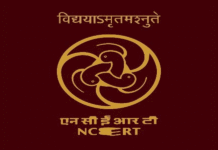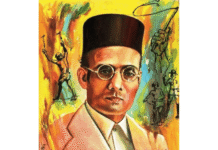In a comprehensive effort to transform foundational learning in line with national education goals, the Andaman and Nicobar Islands administration has launched a series of targeted initiatives under the NIPUN Bharat Mission. The mission, launched by the Ministry of Education in 2021, aims to ensure that every child in India achieves foundational literacy and numeracy (FLN) by the end of Grade 3 by 2026–27. The UT’s education department has aligned itself with this goal through multi-pronged interventions designed to support early childhood learning, teacher training, inclusive education, and digital integration.
At the core of the programme lies the ‘Jadui Pitara,’ a play-based Learning Teaching Material (LTM) kit developed by NCERT. Distributed to schools across the Islands, the kit includes interactive tools such as activity books, story-based content, and visual materials aimed at engaging children aged 3 to 8. This initiative complements the ‘Vidya Pravesh’ programme, a three-month school readiness module also developed by NCERT, now fully implemented in all A&N schools.
The Directorate of Education has also emphasized professional development for Heads of Institutions and teachers. In-service training modules focus on enhancing pedagogical practices, leadership skills, and classroom effectiveness, ensuring a system-wide capacity to deliver quality foundational education. The ‘Ankuran’ mission, steered by the State Institute of Education, supports these efforts by bridging learning gaps and building critical thinking through structured support for struggling learners.
Early Childhood Care and Education (ECCE) has also been prioritized under the National Education Policy 2020. Through Balvatika classes, parental engagement activities, toy-based learning, and play-based classroom practices, the UT aims to lay a strong foundation for lifelong learning. Monitoring and mentoring support have been scaled up to ensure these efforts yield tangible results.
The administration has additionally focused on boosting enrolment in government schools. A coordinated outreach initiative led by the Directorate of Education in South Andaman and Wimberlygunj zones involved village visits, demo classes, and enrolment melas. These efforts resulted in 1,782 new admissions in government schools during the 2025–26 academic session.
In an effort to redefine classroom experiences, the concept of “Bagless Days” has been introduced for Classes VI to VIII. Implemented during the 2024–25 session, these ten scheduled days offer students the opportunity to engage in activities beyond textbooks, fostering creativity, collaboration, and real-world learning.
Digital integration remains a critical component of the mission. E-content, video lessons, and interactive modules prepared by the State Institute of Education (SIE) and the District Institute of Education and Training (DIET) have enabled equitable access to quality education, particularly for students in remote areas. Government schools have also implemented the BALA (Building As Learning Aid) approach, using school infrastructure itself as an educational tool.
The UT has made strides in promoting inclusive education. Resource centres established at educational blocks are now functional, and braille classes were conducted during the summer vacation by SIE to support children with visual impairments. These interventions are part of a broader commitment to ensure that every child, regardless of ability or background, receives a fair opportunity to achieve foundational literacy and numeracy.
Finally, the ‘Navchetna’ initiative has introduced life skills and drug awareness into the curriculum. Under this programme, 104 nodal teachers from 38 CRCs were trained and subsequently conducted awareness sessions for over 16,000 students, nearly 7,000 parents, and 200 elected representatives. These sessions emphasised holistic health, wellness, and conscious decision-making, aligning with NEP 2020’s vision of well-rounded education.
With each initiative reinforcing the other, Andaman and Nicobar Islands appear firmly on track to meet the national NIPUN Bharat target. By building strong foundational learning systems, the UT is not just aiming to improve literacy and numeracy but also to ensure long-term academic success and social inclusion for every child in the Islands.





